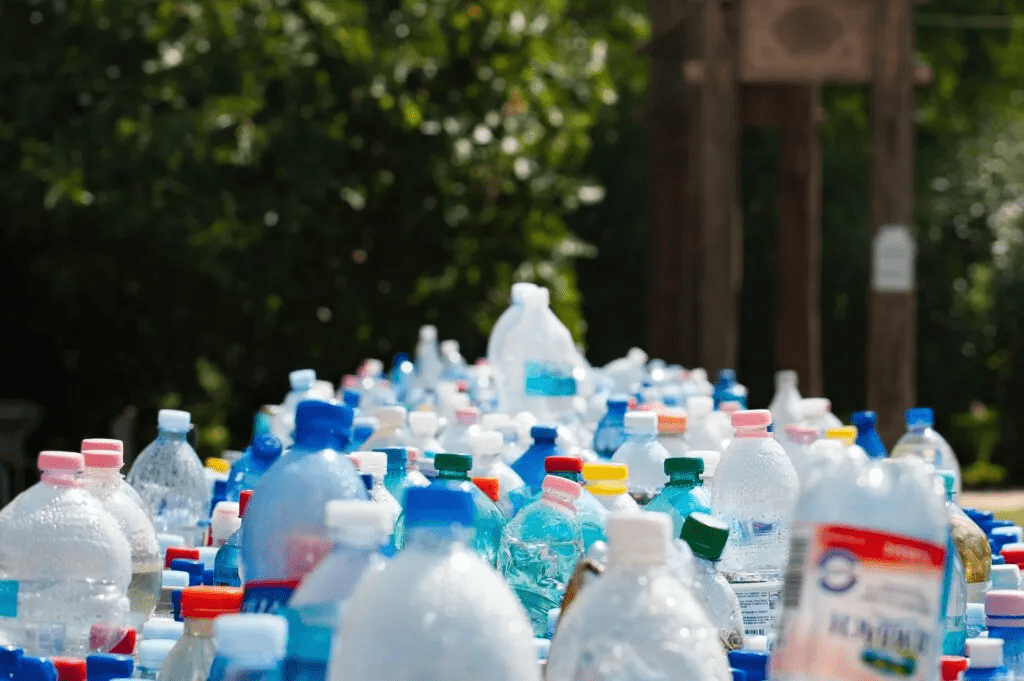The use of single-use plastic reached a record high in 2021, with an increase of one kilogram per person compared to the previous year. This is despite increased awareness, corporate responsibility, and government regulations. The main cause of this increase is the continued reliance on fossil fuel-based feedstocks in the production of single-use plastics. The Plastic Waste Makers Index 2023 report by Minderoo Foundation revealed that the top 20 petrochemical companies, led by ExxonMobil, are responsible for the largest plastic waste footprint. The report calls for investors and financial institutions to pressure these companies to stop building new fossil fuel-based polymer production facilities and invest in recycled materials.
Despite recycling efforts, it is not scaling fast enough to reduce reliance on fossil fuels. The report shows that single-use plastics from oil now emit as much greenhouse gases as the entire United Kingdom. The growth in single-use plastics produced from virgin feedstocks was 15 times greater than that produced from recycled materials. Companies such as Far Eastern New Century and Indorama Ventures have made commitments to increase recycling efforts, but this is only expected to result in 3 million metric tons of additional on-par recycling capacity by 2027. The report suggests reducing the production of single-use plastics by halting the construction of new facilities and imposing fees on production and consumption.
The report’s chairman, Andrew Forrest, criticized the fossil fuel industry for not doing enough to address the plastic pollution crisis. He called for a new approach that reduces the production of new plastics, incentivizes re-use and recycling, and supports the use of green hydrogen as an alternative to fossil fuels. The report’s author, Dominic Charles, emphasized the importance of banning unnecessary plastics, but believes companies producing and distributing these products should be held accountable for their pollution. Overall, the report highlights the need for a more concrete and effective approach to reducing the use of single-use plastics and addressing the plastic pollution crisis.

















